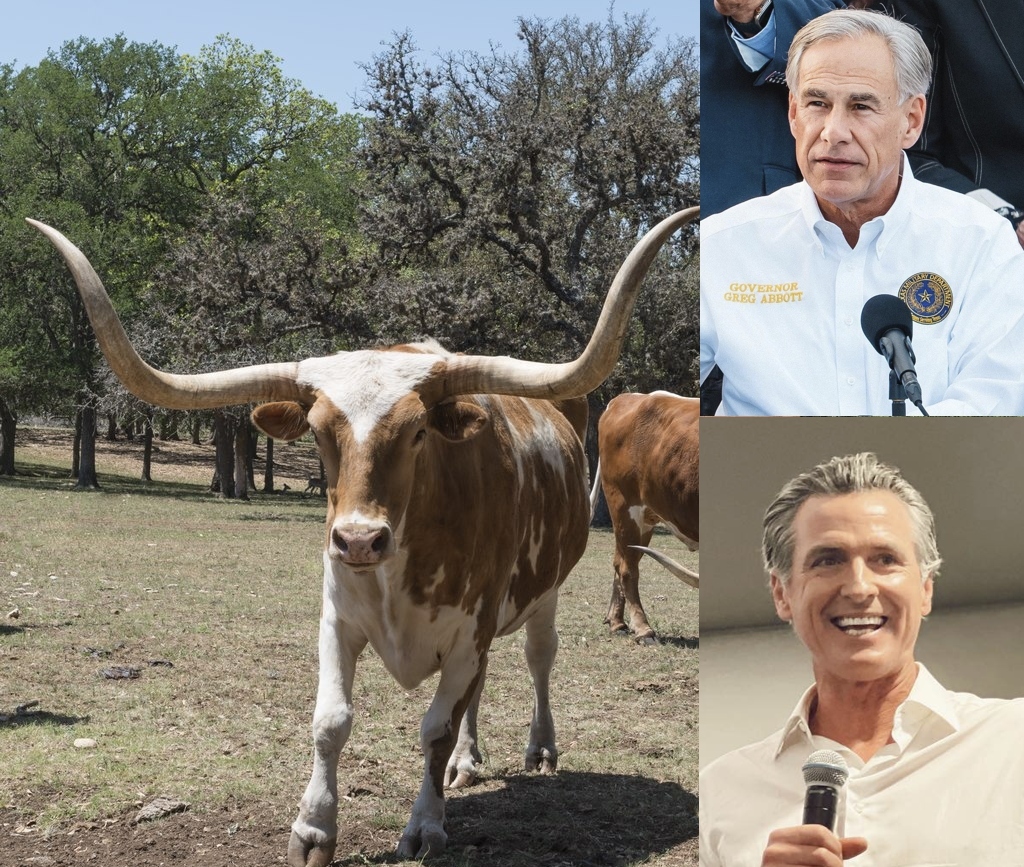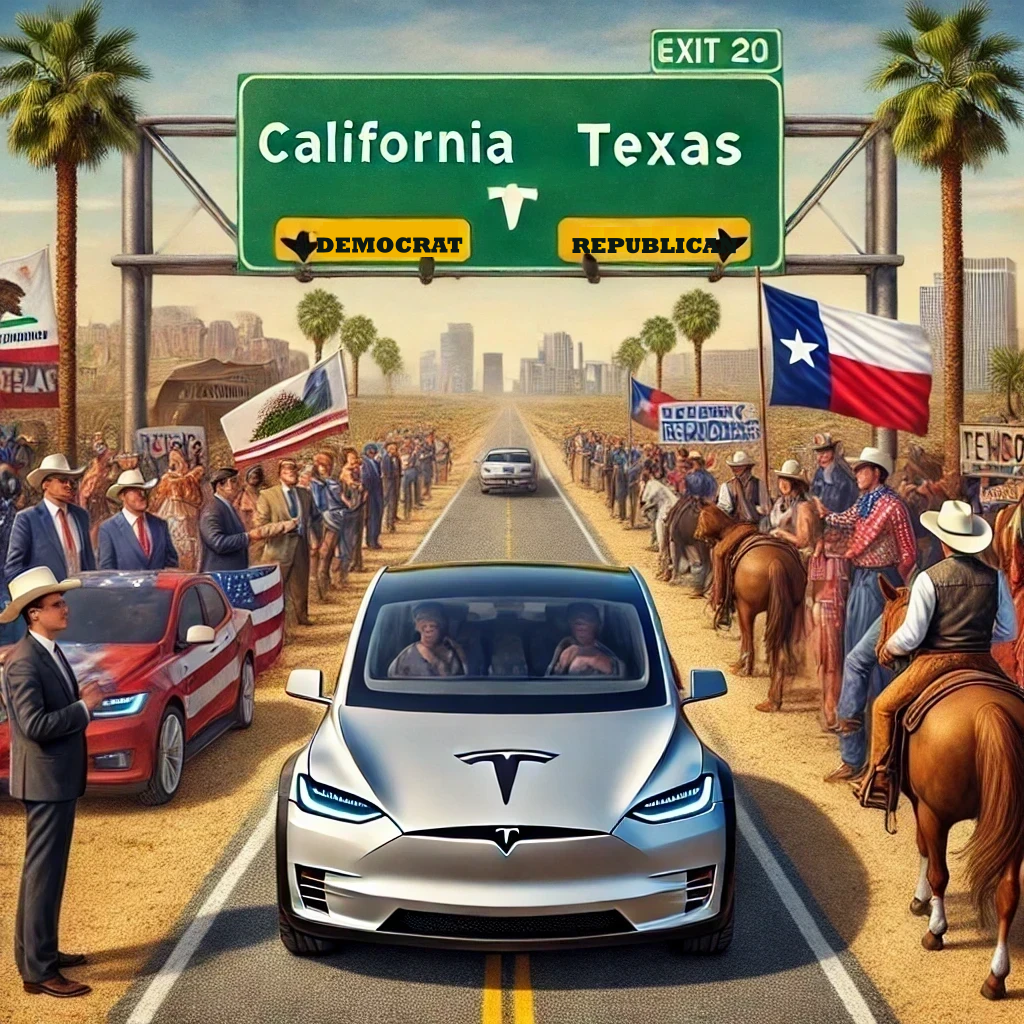In the flurry of tech migration from California to Texas in 2020, Austin emerged as a burgeoning tech hub, buoyed by significant moves from Oracle and Tesla. Oracle relocated its headquarters to Austin, while Tesla began construction of a massive Cybertruck factory in the area, both bolstered by tax incentives and state support. These developments were hailed as evidence of Texas’ vibrant business landscape, with Governor Greg Abbott proudly proclaiming it as the pinnacle of opportunity.

However, recent events have cast a shadow over Austin’s tech ascension. Oracle’s announcement of its headquarters relocation to Nashville, citing the appeal of Nashville’s healthcare industry hub and substantial tax incentives, dealt a blow to Texas’ narrative of economic invincibility. Similarly, Tesla’s announcement of layoffs of nearly 2,700 workers in Austin following quality issues with its Cybertruck has raised doubts about the future of its local production facility, underscoring the vulnerability of economic development efforts and the capricious nature of global corporations.

Beyond economic considerations, Austin’s allure appears to be waning culturally. The pandemic prompted a reassessment of the value of physical proximity, with tech leaders favoring the networking opportunities in Silicon Valley over those in Austin. Additionally, concerns about Austin’s climate and tax policies have contributed to a decline in startup investments, signaling a shift in perceptions about the city’s desirability.
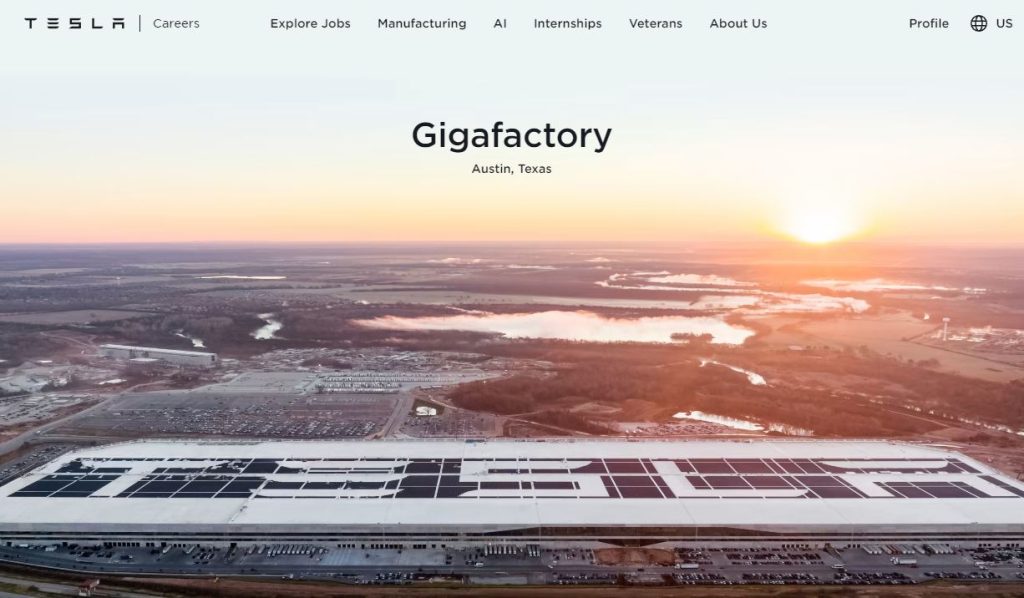
The shifting fortunes of Oracle and Tesla coincide with a broader transformation in Texas’ political landscape. For years, Texas politicians, led by figures like Governor Rick Perry and Senator Ted Cruz, championed the state’s growth by enticing Californian transplants and businesses. However, a new generation of Republican leaders, including Lieutenant Governor Dan Patrick, exhibits a more skeptical stance towards economic growth and business interests.
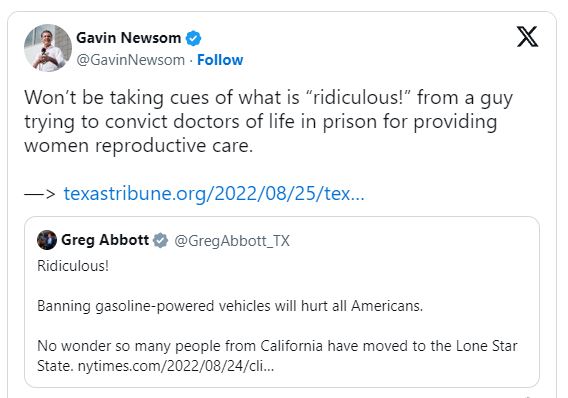
This transformation is evident in recent legislative battles over economic development programs such as the Chapter 313 tax incentive program. Despite Texas historically welcoming newcomers and businesses, there is now a growing skepticism towards outsiders, particularly Californians, as evidenced by political rhetoric and fundraising appeals.

Yet, Texas’ economic model heavily relies on migration and capital influx from other states. The state’s status as the tenth highest taxed state, as reported by some studies, compounds economic challenges. This reality, coupled with inadequate investment in education and infrastructure, exacerbates economic disparities and fuels resentment towards newcomers.

As Texas grapples with these challenges, there is a growing realization that sustained growth requires more than just attracting external investment—it necessitates investment in local talent and resources. The departure of Oracle serves as a cautionary tale about the transient nature of economic booms and underscores the importance of fostering homegrown innovation and talent.
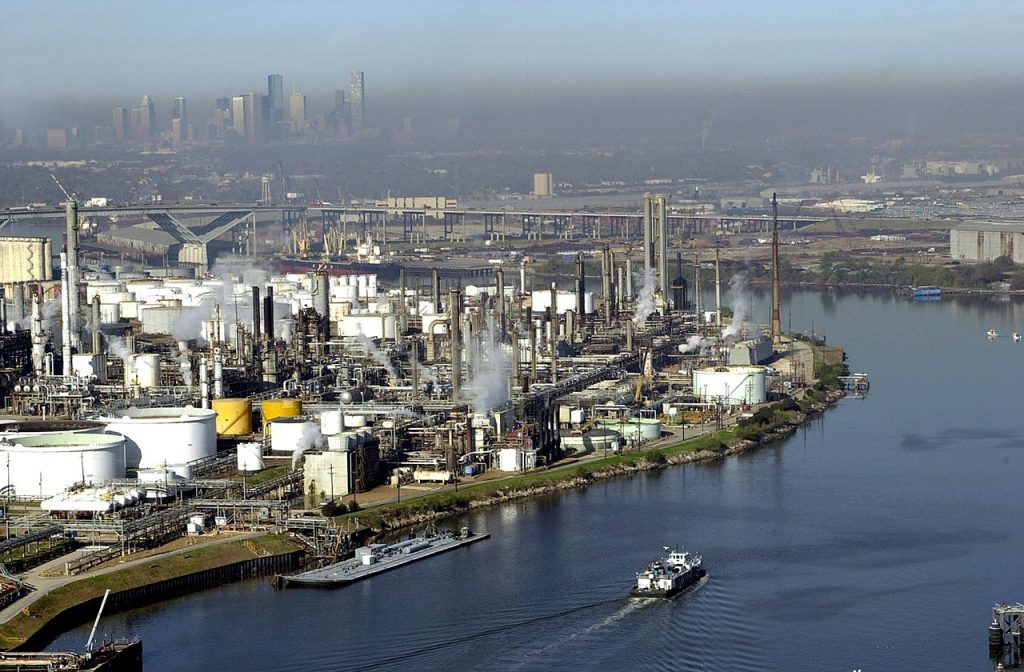
Ultimately, Texas must confront its reliance on external sources of growth and invest in sustainable, inclusive development strategies to weather future economic shifts.

